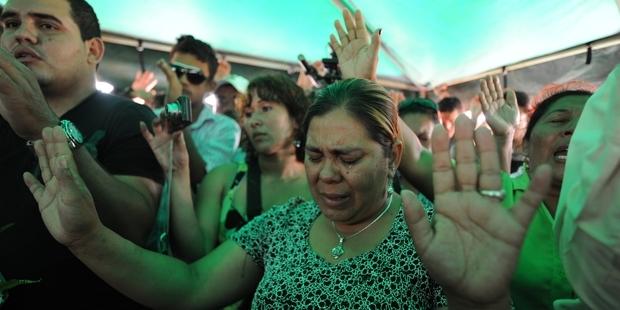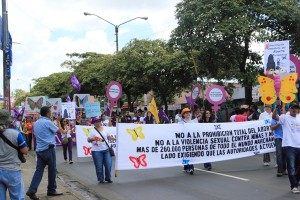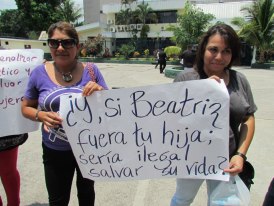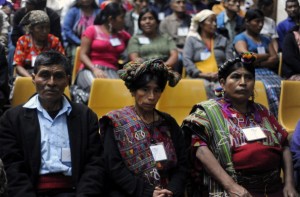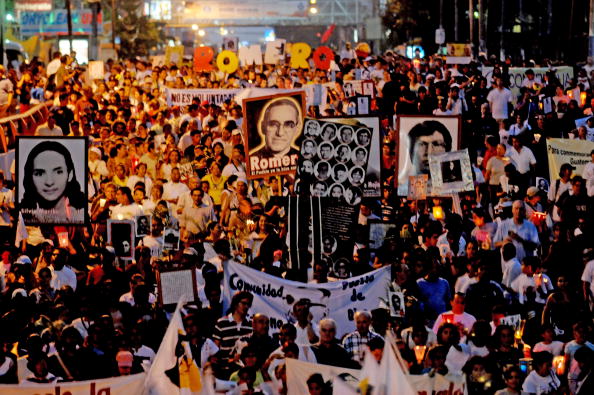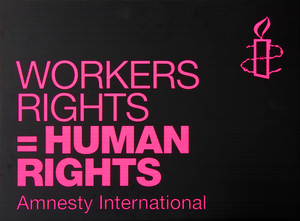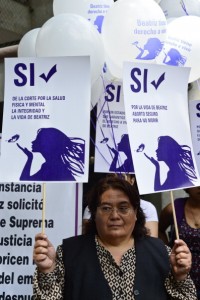
Members of Amnesty International protest in front of the El Salvador embassy in Mexico City, on May 29, 2013 (Photo Credit: Ronaldo Schemidt/AFP/Getty Images).
In collaboration with Lyric Thompson, member of Amnesty International USA’s Women’s Human Rights Coordination Group
On Wednesday, the Salvadoran Supreme Court of Justice issued a shameful decision in the case of Beatriz, the young Salvadoran mother we wrote about earlier. She is currently in a high risk pregnancy and suffers from lupus and related health problems. Her doctors have recommended an abortion to save her life, yet the Salvadoran government refuses to give her access to the medical treatment that she needs.
In response to this violation of her human rights, nearly 200,000 Amnesty activists from over 20 countries have called on the Salvadoran government to #SaveBeatriz.
As part of this campaign to save Beatriz, we were shocked by yesterday’s ruling by the Salvadoran Supreme Court that Beatriz’s doctors cannot proceed with the abortion they say is necessary to save her life. This decision compounds the suffering already caused by the lengthy and unnecessary delays that the Court created prior to issuing this ruling, taking over a month and a half after Beatriz’s lawyers first filed the request for protection (amparo) on April 11.
The Court itself recognized Beatriz is now entering a very risky stage with regards to her health. And yet, the Court’s decision will continue to subject Beatriz to cruel, inhumane and degrading treatment by denying her the medical intervention she so urgently needs while her health continues to deteriorate.
SEE THE REST OF THIS POST
